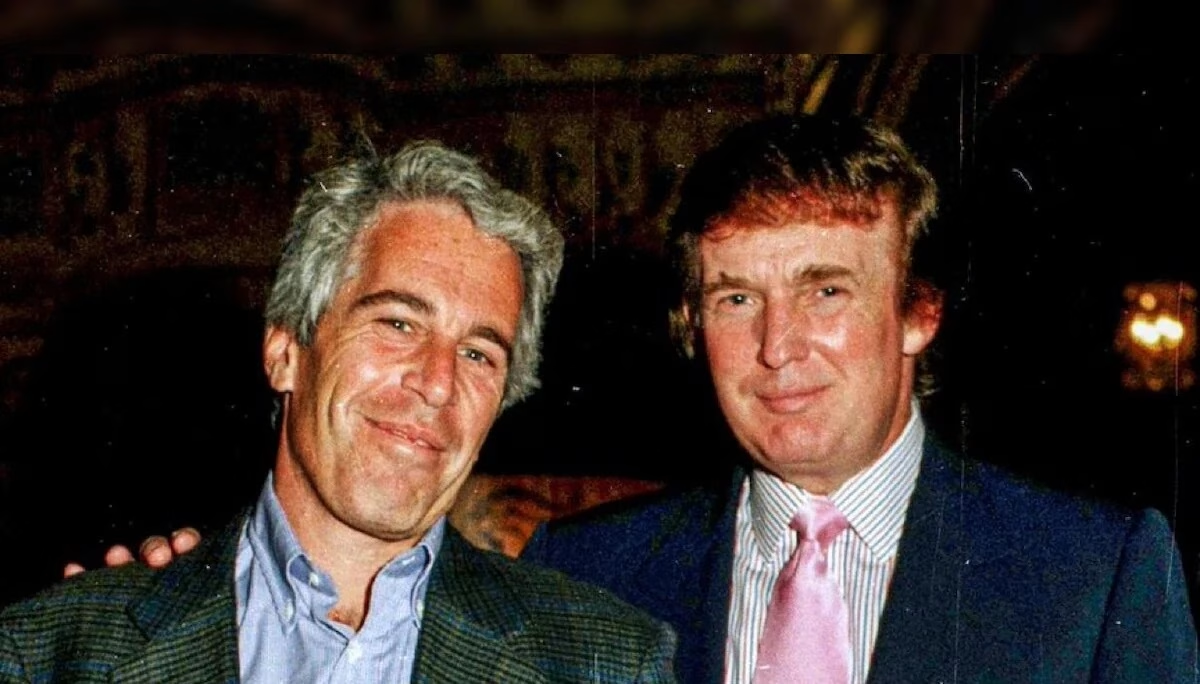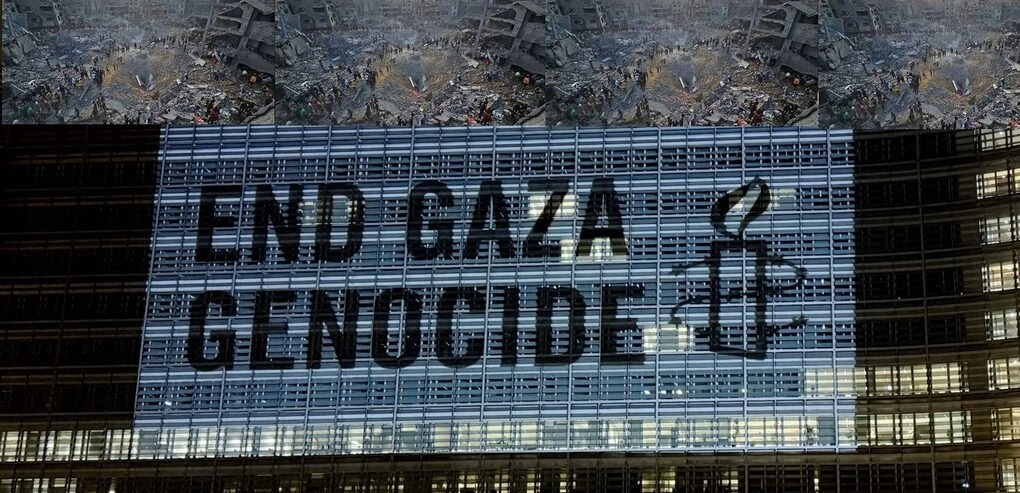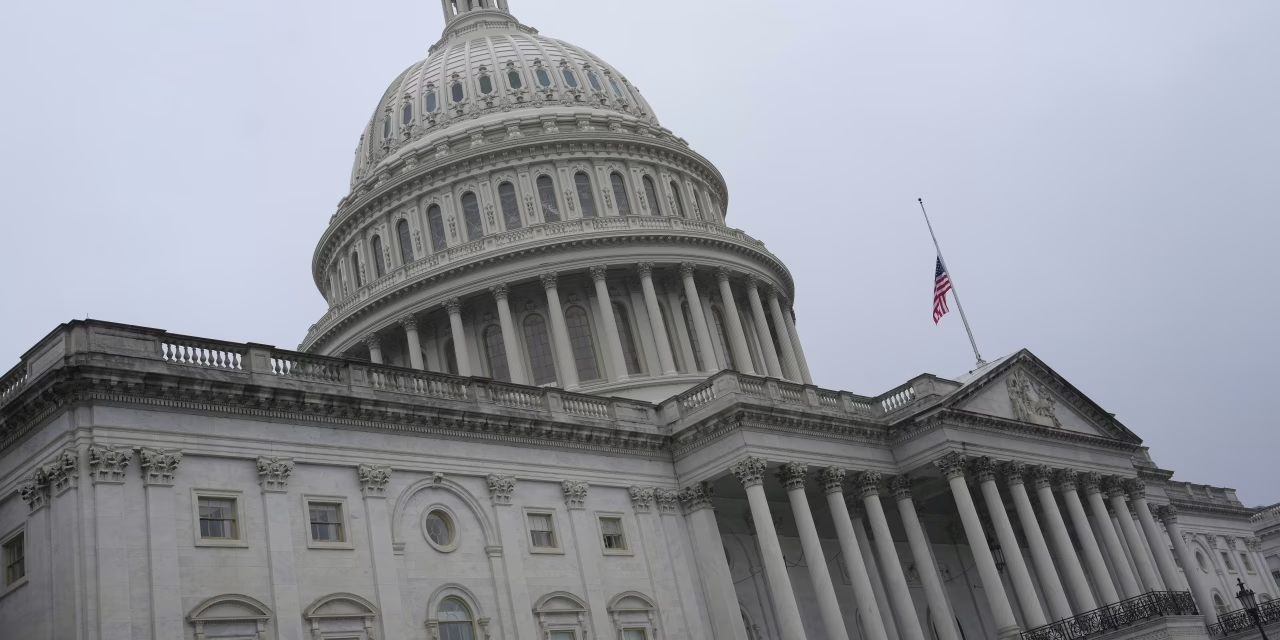By Don Terry & Ben Emos | Wednesday, November 19, 2025 | 5 min read
The House didn’t just vote to release the Epstein files—they detonated a political earthquake. A 427–1 vote, followed by a unanimous Senate, is the kind of message that should make any President step back and accept reality. But this is not a normal presidency, and anyone who thinks this landslide vote guarantees transparency hasn’t been paying attention for the last decade. The uncomfortable truth is this: the federal government may still find a way to bury these files, stall their release, or smother them in legal fog. And yes, that should make every American furious.
Let’s stop sugarcoating it. The President does not want these files released. The Speaker does not want these files released. And a chunk of the political ecosystem surrounding them has spent years pretending this issue is either irrelevant or too sensitive to touch. Now, suddenly, with the entire Congress demanding sunlight, the same people are clutching their pearls and warning that transparency might “compromise processes” or “interfere with ongoing matters.” Give me a break. If they had wanted these documents public, they could have been released years ago.
And yet here we are—still begging for something that should never have been secret in the first place.
The DOJ has already positioned itself as the final obstacle, armed with a stack of privileges it can invoke at will. Law enforcement privilege. Deliberative process privilege. Executive privilege. Every privilege except the one that matters: the privilege of the American public to finally know the truth. Even with a veto-proof vote, the DOJ could drag this through the courts for months, maybe years. And if the Supreme Court gets involved, prepare for an even longer slog, all while the public waits, and waits, and waits.
Meanwhile, the drip-drip of selective revelations continues. The emails released by House Democrats last week were not bombshells, but they were unsettling—messages from Epstein to Ghislaine Maxwell and journalist Michael Wolff, making weirdly cryptic comments about Trump, including calling him “a dog that hasn’t barked” and claiming a victim spent “hours at my house with him.” It doesn’t matter that these statements are unconfirmed or reflect Epstein’s own manipulations; the point is that these are exactly the kind of communications that should have been public years ago, not locked in a vault until Congress pries them loose with a crowbar.
Every time a fresh detail comes out—solid or shaky—the White House instantly circles the wagons. The press secretary shrugs it off with that well-worn calm, insisting the emails “prove absolutely nothing,” then launches into the usual script about Mar-a-Lago social circles, Palm Beach acquaintances, and friendships supposedly severed years ago.
And in the background, Trump and his allies toss out dramatic side stories—like allegations that a boat suspected of running drugs near Venezuela was blown up without anything resembling due process—as if chaos and noise can drown out the real issue. But none of these diversions even brush against the core question: why aren’t the files public already, and why has this administration fought so fiercely to keep them sealed?
Trump has not been accused of crimes in the Epstein case, and he deserves the same presumption of innocence that anyone else would. But that’s not the issue here. The issue is that a democracy cannot function when information of enormous public interest is shoved into a locked cabinet while politicians bicker about who gets hurt by the truth. It doesn’t matter whether the names inside the files are Democrats, Republicans, CEOs, celebrities, or nobodies. The public deserves transparency, period.
This isn’t about Trump alone. It’s about a government that reflexively protects itself and the powerful people orbiting it. It’s about institutions that act like sunlight is a threat instead of a duty. It’s about leaders who pretend that secrecy equals stability, when all it really does is fertilize distrust and conspiracy theories.
What makes this moment enraging is how historic the vote was—nearly unanimous, a political unicorn—and yet it still might not be enough. If a 427–1 vote and a unanimous Senate can’t force the release of documents tied to one of the most notorious abusers of our time, then what can? What does it say about our system if even total bipartisan agreement is powerless against a determined executive branch and a cautious, self-protective DOJ?
Here’s the truth no one wants to say out loud: if these files stay sealed, it won’t be because of legal nuance or national security concerns. It will be because someone—maybe multiple someones—do not want their names, their emails, their schedules, or their proximity to Epstein exposed to daylight. That’s the real fear driving all this resistance.
And that is precisely why they must be released.
This mess is bigger than Trump, bigger than Congress, bigger than any one name inside those documents. This is a test of whether transparency in America actually means anything. Whether government works for the public or for the powerful. Whether our institutions can act with integrity or whether they crumble into excuses and stonewalling the moment accountability creeps too close.
If the Epstein files stay buried, even after this vote, then the cover-up isn’t just about Epstein’s enablers. It becomes a cover-up of the system itself. And that is the scandal no one in Washington wants to admit.
More From FeDlan News:
Trump’s Concealed MRI Raises Medical and Ethical Questions, Says Doctor
Elon Musk Pushes $1 Trillion Tesla Pay Plan to Preempt Shareholder Lawsuit Over $29 Billion Award
Democrats and Independents’ New Argument to Judges on Crime: “Trump Won’t Pardon Us”
Trump’s Golden Ballroom: White House Demolition Sparks a Constitutional Crisis
Tense Oval Office Meeting: Zelenskyy Confronts Trump After Shouting Match
 Donate
Donate
Copyright 2024 FN, NewsRoom.






